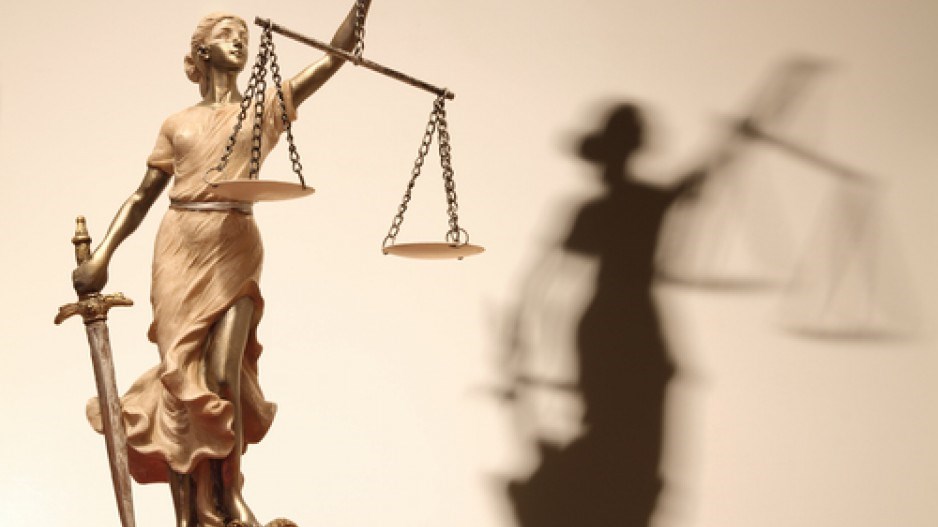As much as I don’t share their religious beliefs, I am glad to see that Christian students at British Columbia’s Trinity Western University (TWU) are allowed to practise law in Nova Scotia.
This spring, the Nova Scotia Supreme Court awarded TWU costs of $70,000, payable by the Nova Scotia Barristers’ Society. The court had ruled in January that the law society couldn’t disqualify TWU law graduates from practising in Nova Scotia – a decision that the law society says it will appeal.
I think law graduates from that school who have signed its community covenant should be admitted to the bar under the same criteria as everyone else, namely: do they have sufficient legal knowledge and skill?
Regardless of whether TWU’s law school gets accredited, there will still be law students who subscribe to strict Christian beliefs. They will still apply for a licence to practise law, but the law society won’t be able to identify them because they’ll have gone to some other law school. Unless the law society intends to establish a screening program for ideological conformity to non-Christian beliefs, its rejection of TWU won’t screen out devout Christians who might someday demonstrate prejudice against gays.
But we can’t forbid people from entering certain occupations because of our presumptions about their religious beliefs. That’s what the Nazis did. Germany’s 1933 Law on the Admission to the Legal Profession prevented Jewish law students from being called to the bar. The 1933 Career Civil Service Act forbade Jews from being employed as judges. A few years later, older Jewish lawyers were stripped of their pre-1933 licences.
It is just as unacceptable to cordon off Canada’s legal profession to TWU-style Christians as it was to cordon off Germany’s legal profession to Jews.
TWU’s opponents accuse it in turn of trying to hinder gays from entering the profession by refusing to accept them as students. However, students who can’t go to TWU can still go to another law school.
Part of the problem is the law society itself, a coercive monopoly that uses state power to prevent both buyers and sellers of legal services from engaging in freedom of contract.
It should be the marketplace that determines who practises law. Some individuals could learn law through self-study or apprenticeship and make better lawyers than others who attended a famous school. Clients shopping for a lawyer might deliberately seek out TWU grads, knowing that university’s reputation for excellence. Others might deliberately avoid TWU grads to avoid incompatible world views.
It is the marketplace that truly accommodates minorities of every size and description. State regulation forces everyone to march in lockstep, creating large blocs of dissatisfied citizens who lack options.•
Troy Media columnist Karen Selick is litigation director for the Canadian Constitution Foundation. This commentary reprinted courtesy of Troy Media (www.troymedia.com).




